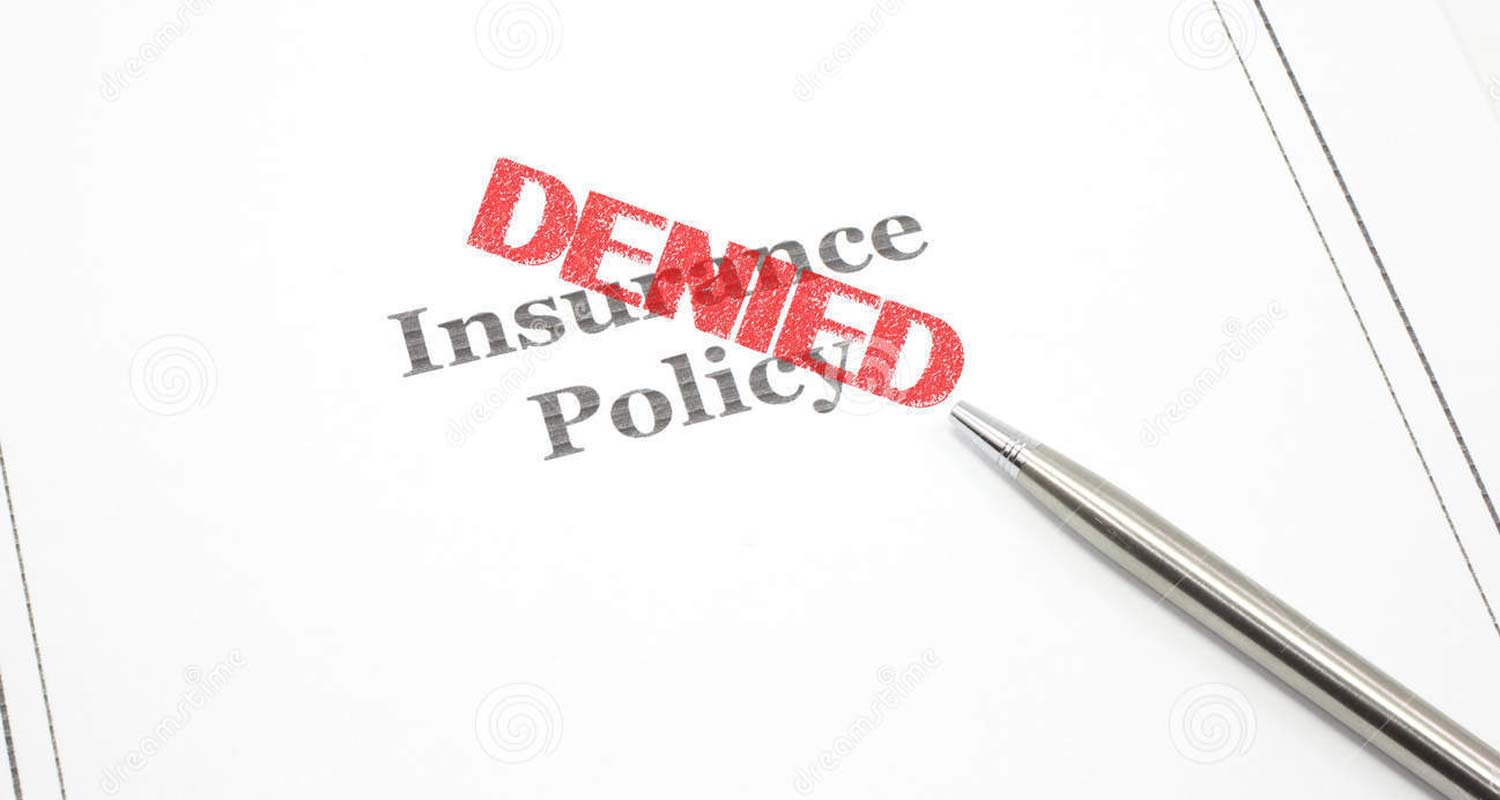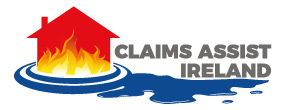
Welcome to the Claims Assist Ireland Advice column or Advice blog. Getting Insurance, keeping within the terms of your policy & making a claim are all complex & time consuming things which very few of us enjoy. Having a public loss assessor such as Claims Assist Ireland there when the worst happens and you have to make a claim is comforting to homeowners & business owners alike. But there is so many facets to the insurance industry that we are going to give some hands on advice & useful information here to help homeowners & Business owners in Ireland.
So for our first post in our Advice blog & in keeping with all things ‘Insurance’. We have detailed a Glossary of all the common terms & phrases in the insurance industry. When loss adjusters or insurance companies write out to ‘Joe’ public they assume you have a complete understanding of all insurance industry terminology & have studied Latin ! As this is not the case we have translated these terms in our A – Z below.#

Terms Glossary
Accident
An unplanned event, unexpected and un-designed, which occurs suddenly and may be insured against.
Average
If you are found to be under-insured, the insurer’s liability will be limited to that proportion where the amount of cover is compared to the value at risk. This ratio is then applied to your loss. In simple terms, if you have bought only half the cover you should have, your insurers will only pay you half your assessed loss.
Beyond Economic Repair
Goods are deemed to be beyond economic repair where the cost of repairing the insured property exceeds the value of that property. In such cases the insurance company may pay the claimant the market value of the insured property at the date of loss, subject to the terms of the policy.
Business Interruption
This insurance covers a business in the event of the loss rendering the business inoperable or hindered by an event such as a fire or a breakdown of machinery. The policy will define the gross profit and uninsured working expenses within the policy wording, which will be subject to increased costs of working and savings.
Certificate of Insurance
A document explaining the insurance cover purchased by the insured. A Certificate of Insurance does not always detail all its terms, which are contained in a separate insurance policy.
Claimant
An insured party who has undergone a loss, which they believe to entitle them for compensation under the terms of their insurance policy.
Degree of Under-insurance
The amount of compensation you are entitled to depends on the circumstances and on your particular contract of insurance. Business insurance policies may differ from residential policies where instead of applying average, different degrees of compensation may be awarded depending on how under-insured you are.
Economic Limit
Insurers will pay up to – but not beyond – the minimum necessary to place you back in the same position as previous to the loss.
Employers’ Liability Insurance
A compulsory for all employers. Employers liability insurance is required in case any employees pursue their employer for compensation in case of (for example) unfair dismissal, sexual discrimination, or injury in the workplace.
Excess
The agreed amount of some or all losses arising under an insurance contract that must be borne by the insured.
Exclusion
A term in an insurance contract, which excludes the insurer from liability for specified types of loss. An exclusion may apply throughout a policy or it may be limited to specific sections of it.
Gross Profit
Defined within an insurance policy. In simple terms: sales, less purchases, adjusted for opening and closing stock.
Increased Cost of Working
Insurers are happy to spend a “pound” to save a “pound and a penny” – subject to the economic limit.
Indemnity
The principle under which a claimant is restored (so far as possible) to the same financial position that they were in immediately prior to the insured loss. As account is taken for age, wear, tear, and depreciation, this differs from “New for Old”.
Insurance
A contract whereby an insurer promises to pay the insured after uncertain events in exchange for the payment of a premium payment by the insured.
Insurance Company
The company who has undertaken to cover the risk of the policyholder, so that, in the event of any loss as stated in the contract, the insured party is recompensed for their loss. The insurance company effectively bets the insured party that the risk will not happen.
Insurance Policy
A legal contract, which states the terms of the agreement between the insured party and the insurance company. This document will contain exclusions of warranties and other clauses, which may require to be interpreted by professionals.
Insured
A person who is insured under a contract of insurance. This person is also referred to as the policyholder.
Liability Insurance
An insurance which covers the insured against third party claims or, in the case of employer’s liability insurance, claims by employees.
Loss
Injury, harm, damage or financial detriment that a person sustains. Losses may be insured or uninsured. Whether a loss is covered by a policy or certificate of insurance depends on the terms of that document and local law.
Loss Adjuster
Employed by the insurance company, the loss adjuster investigates the claim and gives his confidential opinion of the amount of compensation the insurance company should offer to the claimant under the terms of the policy. The Loss Adjuster is hired by, paid by, and reports to the Insurance Company.
Loss Assessor
Employed by the claimant to ensure that they receive their full entitlement of compensation for their loss. The loss assessor does the same research as the loss adjuster, but only has the claimants’ interests in mind. The Loss Assessor will negotiate with the Loss Adjuster until he or she is satisfied that sufficient compensation is being offered in settlement of the claim. Contact Claims Assist Loss Assessors now to ensure you get your maximum entitlements.
New for Old
This is where insurers will pay the replacement cost, as new, in the event of a total loss. Nowadays, insurers prefer to replace through their pre-selected suppliers.
Policyholder
The person who is insured under a contract of insurance.
Premium
The price charged by an insurer in order to grant insurance cover.
Reinstatement
To acquire, install and commission such that the insured is returned to pre-loss situation.
Replacement
Where an insurer agrees to replace irreparably damaged or stolen goods with goods of a similar type and quality instead of paying a cash sum to the insured.
Return to Normality
There is no formula for dealing with a disaster. Each case is unique, but there are common denominators. If you are interested in the speed of reinstatement to normality, and maximising the recompense from the insurance company, then you should contact Claims Assist Loss Assessors 1890 929 555.
Savings
If your business is closed or hindered by an insured event, you will almost certainly achieve savings. Reductions in consumption of utilities or reductions in staffing costs are obvious examples.
Storm
A storm (from Proto-Germanic *sturmaz “noise, tumult”) is any disturbed state of an astronomical body’s atmosphere, especially affecting its surface, and strongly implying severe weather. It may be marked by strong wind, thunder and lightning (a thunderstorm), heavy precipitation, such as ice (ice storm), or wind transporting some substance through the atmosphere (as in a dust storm, snowstorm).
Sum Insured
The maximum amount that an insurer will pay under a contract of insurance. You must be careful to adequately insure otherwise you may find yourself subject to average.
Third Party
Someone other than the insured or his insurer.
Total Loss
Total loss is said to have occurred when the subject matter of an insurance is lost, destroyed or damaged beyond repair.
Under-insured
You should ensure what you have, and not what you think you are likely to lose. If you are under-insured you will be paying less premium than your risk deserves. It is therefore not surprising that your compensation for losses will be adversely affected.
Underwrite
The acceptance of the obligation to pay or indemnify the insured under a contract of insurance.
Void Policy
A contract that has no legal effect and is therefore unenforceable in a court of law.
Wear and Tear
The amount deducted from a claims payment to cover the depreciation of the property insured through usage over time. Where cover is provided on a “new for old basis” (where the insurer agrees to replace an old item with a similar new one) no such deduction is made.

A clear understanding of the terms used by insurance companies is a great starting point for unraveling your insurance policy. Our insurance terms glossary contains some of the most common terms, however this glossary will help you better understand some parts of your insurance policy or correspondence that your insurers send to you but it will not make up for the years of training and industry knowledge our loss assessors can bring to the ‘table’ on your behalf when managing an insurance claim on your behalf.
Contact us at Claims Assist Nationwide 1890 929 820 if there are any parts of your insurance policy that you do not understand and we will be happy to explain them to you, or for assistance when making a claim – Call our loss assessor team to represent you & ensure the maximum settlement available under the terms of your insurance policy.
